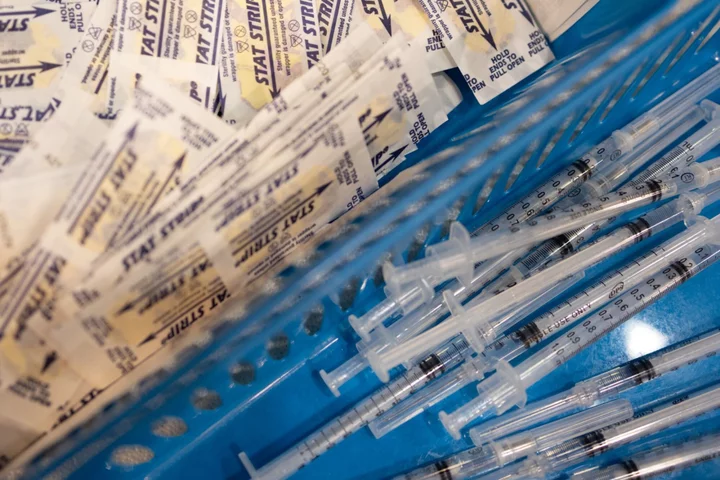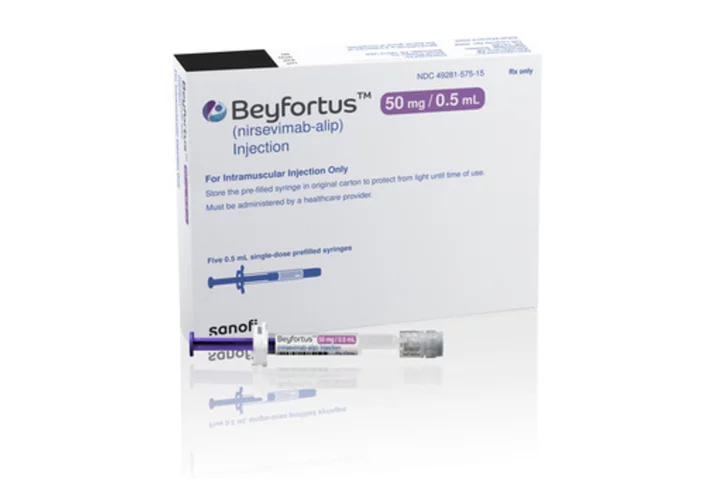By Maggie Fick
LONDON Soaring U.S. demand for Novo Nordisk's weight-loss drug has reduced the pressure from investors on the company to deliver strong results in its trial to test whether the drug also has medical benefits, eight investors and analysts say.
Novo is expected to publish in August the results of a large study called SELECT, which is assessing whether Wegovy reduces the risk of major cardiovascular events like strokes or heart attacks in overweight or obese people with a history of heart disease.
Investors had been banking on the study results being the next big driver of the company's shares. Showing a clear medical benefit could help convince cost-conscious European governments and health insurers to pay for the treatment.
But with demand from Americans seeking to lose weight outstripping supply for now, they say the results are less relevant in the short term.
Novo's shares have soared nearly 120% since Wegovy's U.S. launch two years ago. The Danish drugmaker overtook Nestle in March to become Europe's second-most valuable listed company after LVMH.
Brokerage Berenberg on Thursday published a poll of investors showing the trial may not need to show as big a health benefit for shares to rise as previously thought.
That's due to high demand and after Novo raised its profit outlook in April, said Berenberg analyst Kerry Holford.
The majority would consider the trial a success if results showed a risk reduction of at least 15%, while 44% said 10-14% would be acceptable, the poll said.
Most investors surveyed expected that if the study showed risk reduction of 17%, shares would rise 5 to 10%, while if it was between 15 to 17% risk reduction, shares could rise up to 5%.
If the risk reduction was between 10 and 14%, shares would decrease by less than 5%.
A year ago, investors said a risk reduction of 10 to 14% in the trial would put significant downward pressure on the stock, Holford said.
Not everyone agrees. UBS said insurers may balk at reimbursing Wegovy if people regain weight after stopping treatment.
Novo's shares fell on Tuesday after Reuters reported that only about one third of patients prescribed a drug like Wegovy were still taking it a year later.
The SELECT results may not be strong enough to justify insurers paying the high price, UBS said. It costs about $1,300 a month in the United States.
SHIFT
The Berenberg poll also marks a change from Reuters reporting in May which showed investors would be disappointed with a result of less than 17% and a similar poll by Barclays in April.
Some of those interviewed in May told Reuters this week their predictions had also changed because high demand has lessoned the impact of the study.
"If risk reduction is around 10%, the stock might drop briefly, but unless something really derails the GLP-1 story, any weakness will likely be bought," lead health care portfolio manager at BMO Global Asset Management, and a Novo shareholder said.
Barclays analyst Emily Field said a risk reduction as low as 11% could boost the stock.
The company declined to comment, citing its quiet period before quarterly results next month.
(Reporting by Maggie Fick; Editing by Josephine Mason and Alexandra Hudson)









